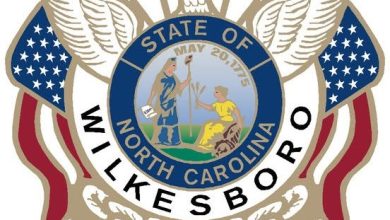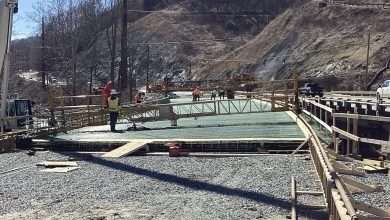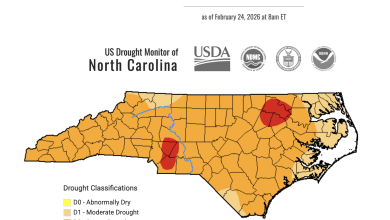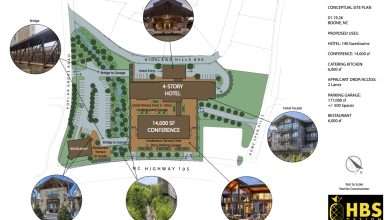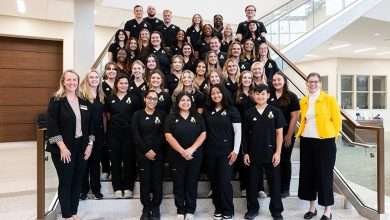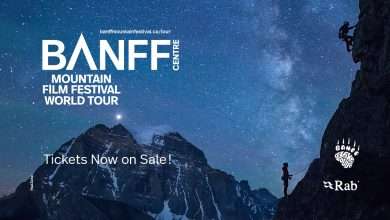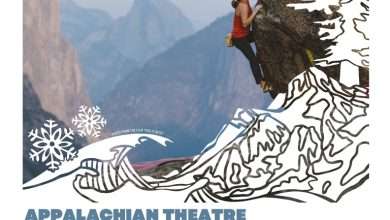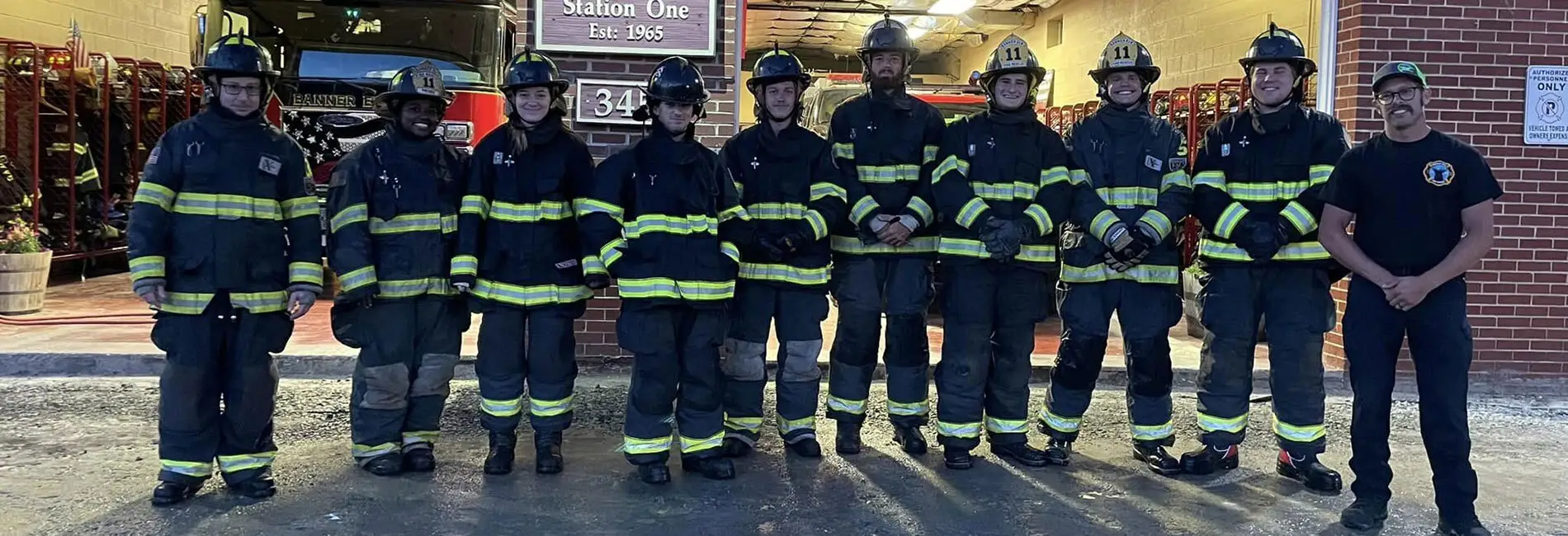
Last Updated on October 25, 2023 9:04 am
Right around the corner from the Lees-McRae campus, across the street from the Banner Elk Café, sits the Banner Elk Volunteer Fire Department, where Lees-McRae students have served as volunteer firefighters for many years. This year that tradition remains strong, with all but two of the new class of 10 volunteer firefighters being Lees-McRae students.
To prepare for duty, these Outdoor Recreation Management (ORM) and Wilderness Medicine and Rescue students complete a series of 10 classes to become state-certified firefighters. They then undergo weekly training sessions about all things fire and rescue, including rope rescue, rapid intervention team (RIT) basics, assessing trauma patients, and more. This training is essential to becoming effective and confident fire and rescue professionals, but many of the students in the current cohort began the process with some background knowledge thanks to the skills and expertise they gained through their coursework in the ORM and Wilderness Medicine and Rescue classrooms.
“With Wilderness Medicine and Rescue there are a lot of rescue certification classes, so for some of these I’m actually going to be going into the classes with experience with that type of rescue thanks to the fire department,” sophomore Peter Wallace, who is double majoring in ORM and Wilderness Medicine and Rescue, said. “I’m training to be an EMT right now, and because I’m doing that, they let me run medical calls and just observe, so I’m getting a lot of great field experience while also learning theories and concepts and things in the actual classroom.”
Wallace hopes that this experience, in conjunction with his academic pursuits, will prepare him for a career as a wildland fire medic after graduation. He plans to continue working with Banner Elk Volunteer Fire Department throughout his college career, and said that having three years of firefighting experience, along with a bachelor's degree in a related field, will make him a competitive candidate once he begins applying for jobs in the industry.
Freshman Wilderness Medical and Rescue major Dan Pass has similar desires of becoming more well-rounded and combining theory with practice, but his goal of being a professional firefighter had already been realized before he began at Lees-McRae. Prior to enrolling in the program, Pass worked in critical care and EMS with the fire department in Chicago for almost two years. After working in the field, Pass realized he had a passion for the medical side of rescue work, and now has goals of completing his bachelor’s degree, returning to the department, and working as a firefighter/paramedic.
While he began the training process with Banner Elk Volunteer Fire Department already having much of the necessary experience, Pass said he still has a lot to gain from working with the department and completing the Wilderness Medicine and Rescue program.
“One of the major things I have to learn is just becoming more well-rounded in more aspects of life, whether it be the hands-on skills here or academic classes,” Pass said. “The Wilderness Medicine and Rescue program is really, really good, because it gets you a lot of leadership experience really fast. It builds your confidence really fast, and especially in a field like Outdoor Recreation Management, you need to have really strong leadership skills.”
Attending school and living in Banner Elk, North Carolina offers another advantage to prospective fire and rescue professionals. According to Pass, fighting fires in an urban area like Chicago is much different than in a rural setting like Avery County.
“You have maybe one level-one trauma center here, which is probably 30 to 40 minutes away, whereas in Chicago you could drive five minutes and be at one, so I’d say the stakes are a little bit higher here on the medical side. On the fire side, in Chicago-proper there are fire hydrants on every corner, whereas here you might have to draft water out of a river or a pond. We have equipment on our trucks here that we wouldn’t in Chicago,” Pass said. “In the city, you just need to have your EMT or your paramedic, whereas out here you really do need to have those wilderness skills, because we’re doing carry-outs on Grandfather where we’re at the top of the mountain, not on the side of the street with the ambulance right there.”
For both Wallace and Pass, the hands-on experience and certifications gained in their courses translates to their responsibilities as volunteer firefighters, while the field work and training they gain by working with the fire department will further enrich their lessons in class.
“The classes, especially the ones I’ll take as a Wilderness Medicine major, will just continually make me a better firefighter,” Wallace said. “We have to take search and rescue, wildland firefighting, high-angle road rescue, just tons and tons of rescue classes, and for those of us who are Wilderness Medicine majors, that will just make us better firefighters.”
While the experience the students gain throughout their time working with Banner Elk Volunteer Fire Department will be helpful down the line, the day-to-day motivation for these volunteers comes from somewhere deeper. Working as a volunteer firefighter means being constantly on the clock, willing to respond to a call wherever and whenever you can. According to Pass, putting your life on the line each day requires a lot of self-reflection and pushes each firefighter to understand their own motivations and the drive that brings them back to the department each day.
“It’s hard; it’s very challenging. A lot of us are students, but other people in the department have families and other full-time jobs. Our chief owns his own business, so it’s difficult for all of us to have another thing on top of the regular life stuff, but it has improved me a lot as a person,” Wallace said. “I really love being outside, I love helping people, and I love challenging myself, so I think that those three things really come together in firefighting and rescue work.”








